Racism in the Austrian CBD Business
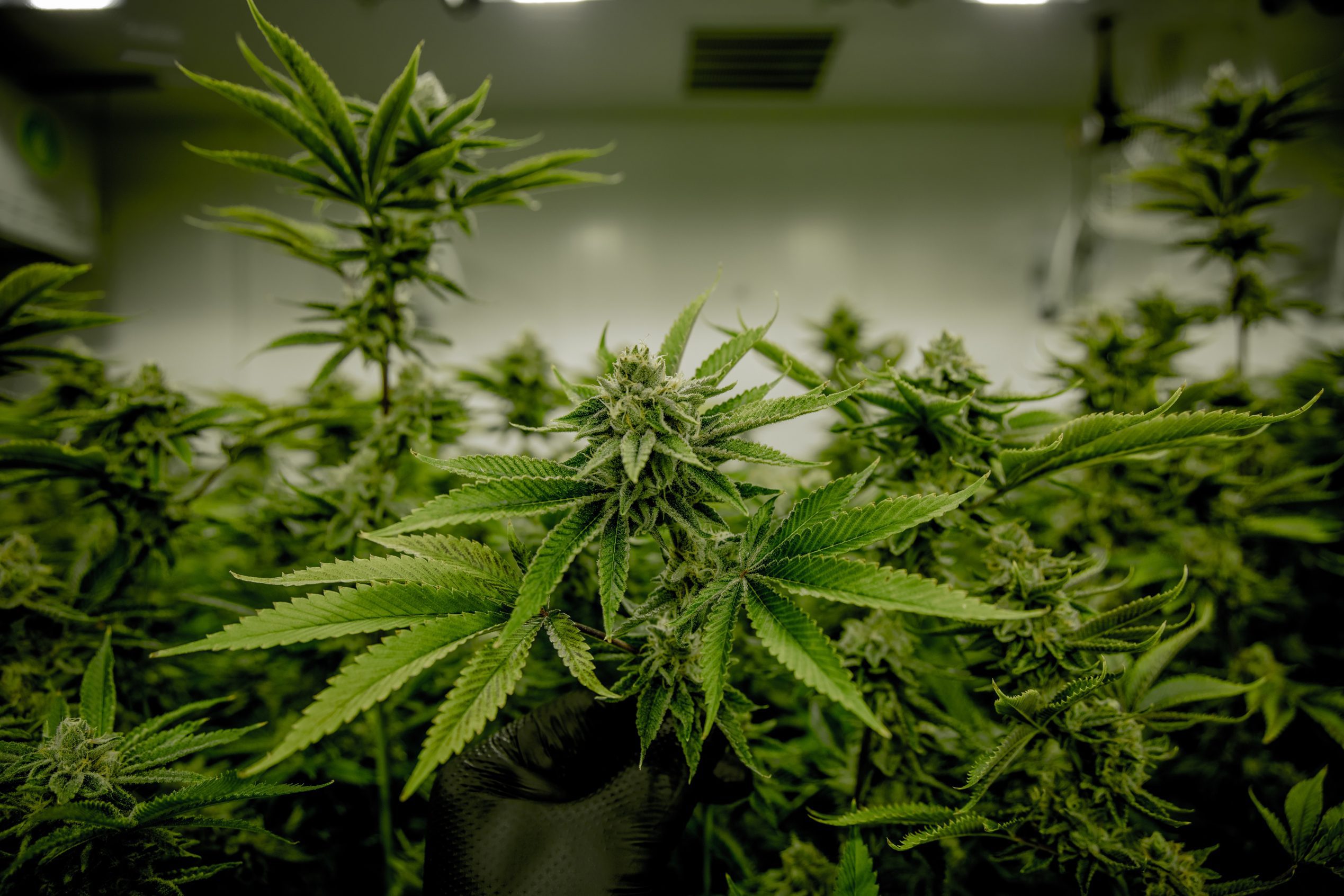
On June 4, 2020, around 50,000 people walked from Vienna’s MQ to Karlsplatz in the course of the “Black Lives Matter” demonstration. Their goal? To stand together against racism and discrimination. The trigger at the time was the brutal murder of the African-American George Floyd by the police. Racism is still omnipresent in Austria, too. It goes from increased police checks to racist jokes to murder. Often racism is still downplayed or even normalized. In the CBD and cannabis industry, this racism manifests itself primarily in the form of stereotyping and “publicity stunts” at the expense of those whose lived realities are particularly negatively impacted by it. We see ourselves as allies in all struggles for equality, and therefore use our platform – also – to raise awareness for this issue.
Dieses Thema ist genauso wichtig, wie es weitgreifend und komplex ist. Es gibt eine Vielzahl von rassistischen Systemen, die bis heute ineinandergreifen und so das Leben von BIPoC Menschen erschweren. Und obwohl wir schon mehrere Male versucht haben diesen Blogbeitrag zu schreiben und zu gliedern, ist klar, dass ein Beitrag niemals ausreichen könnte, alle Aspekte von Rassismus und Diskriminierung zu beschreiben. Worauf wir uns allerdings konzentrieren können und möchten, ist Rassismus und Cannabis und der Zusammenhang mit der heimischen CBD Branche.
What do cannabis and racism have to do with each other anyway?
At first glance, the connection between cannabis and racism may not seem so clear. However, if we take a look at American prisons or listen to victims of racially motivated police violence, we realize: it is very closely linked.
Although cannabis is used equally by all populations in America, according to anonymous surveys, 4 times as many BIPoC people are still serving time in American prisons for drug-related crimes than whites. They are stopped by police more often, receive harsher sentences, and are about 3x as likely to die from fatal police violence. In Austria, people of African descent are disproportionately victims of police violence. Again and again there are violent assaults and increased controls of persons due to alleged violations of the Narcotic Substances Act. In most cases, this suspicion is based on little more than the color of the skin of those affected.
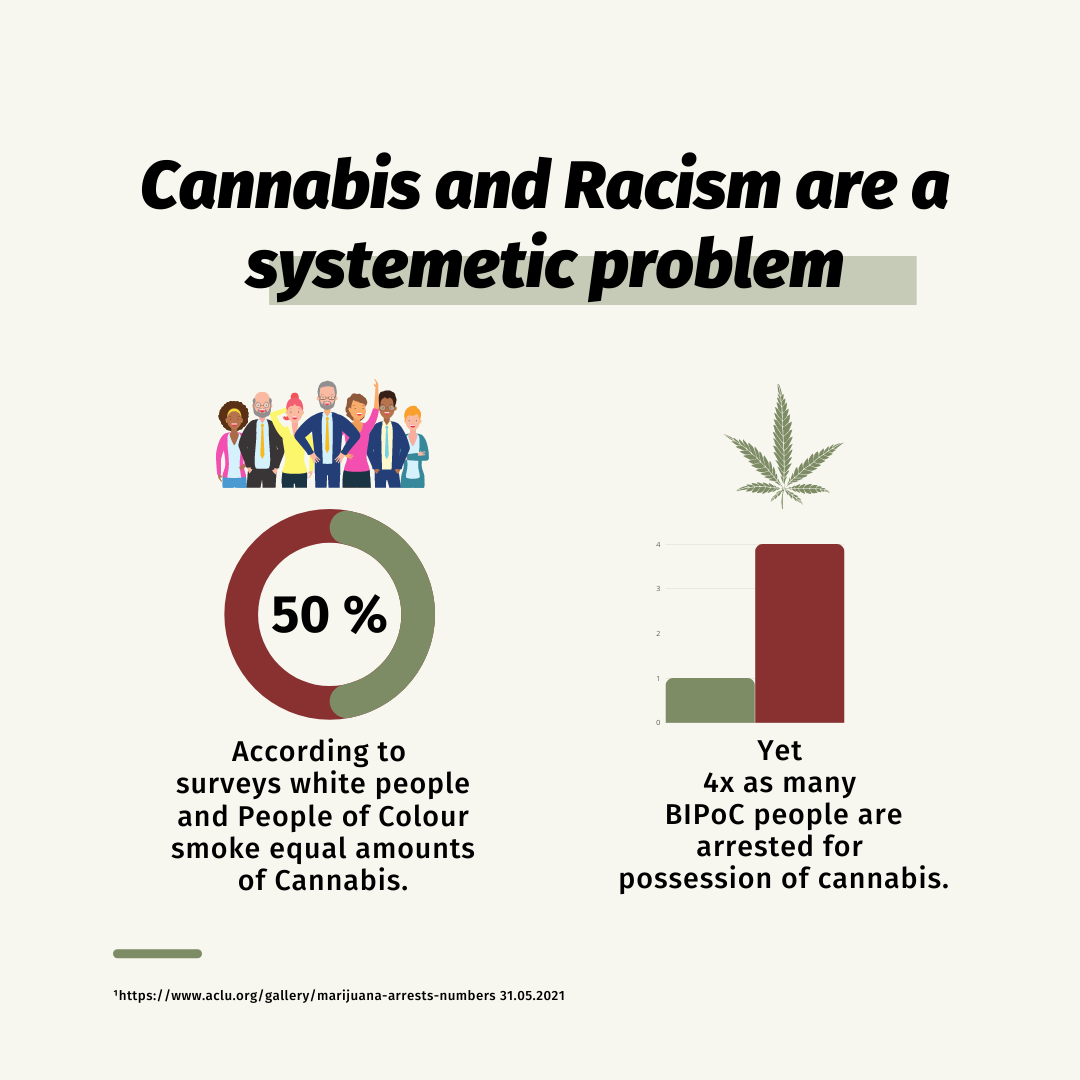
And what exactly does this have to do with the CBD industry in Austria?
Some of you may be wondering what all this has to do with the domestic CBD industry. Admittedly, the Austrian CBD industry is not the origin of why BIPoC people experience discrimination. After all, it is far younger than racism in Austria & Germany. And yet, it contributes a part: CBD companies repeatedly use stereotypical images of BIPoC people to promote their products. This is problematic because the portrayal of BIPoC people in advertising is often very racist. At the same time, in the name of “funny advertising gags”, capital is being made out of a stigma, which in turn massively influences the reality of life of those affected and restricts their freedom. We all constantly perceive the things that are communicated to us in advertising – even if not always consciously. In these cases, the communication is clear: BIPoC people take and sell cannabis!
But it’s just a joke!
By the way, the whole thing has little to do with humor – even though we often hear feedback like “But take a joke!” or “I’m allowed to make that joke because I’m not racist!”. Unfortunately, in all seriousness, this kind of stereotyping costs some people their lives. So racism is no joke. What is often particularly cynical for those affected is the fact that it is non-affected people who profit from these jokes. It is a long tradition to say discriminatory things in the name of humor or to portray as killjoys those who cannot laugh about it.
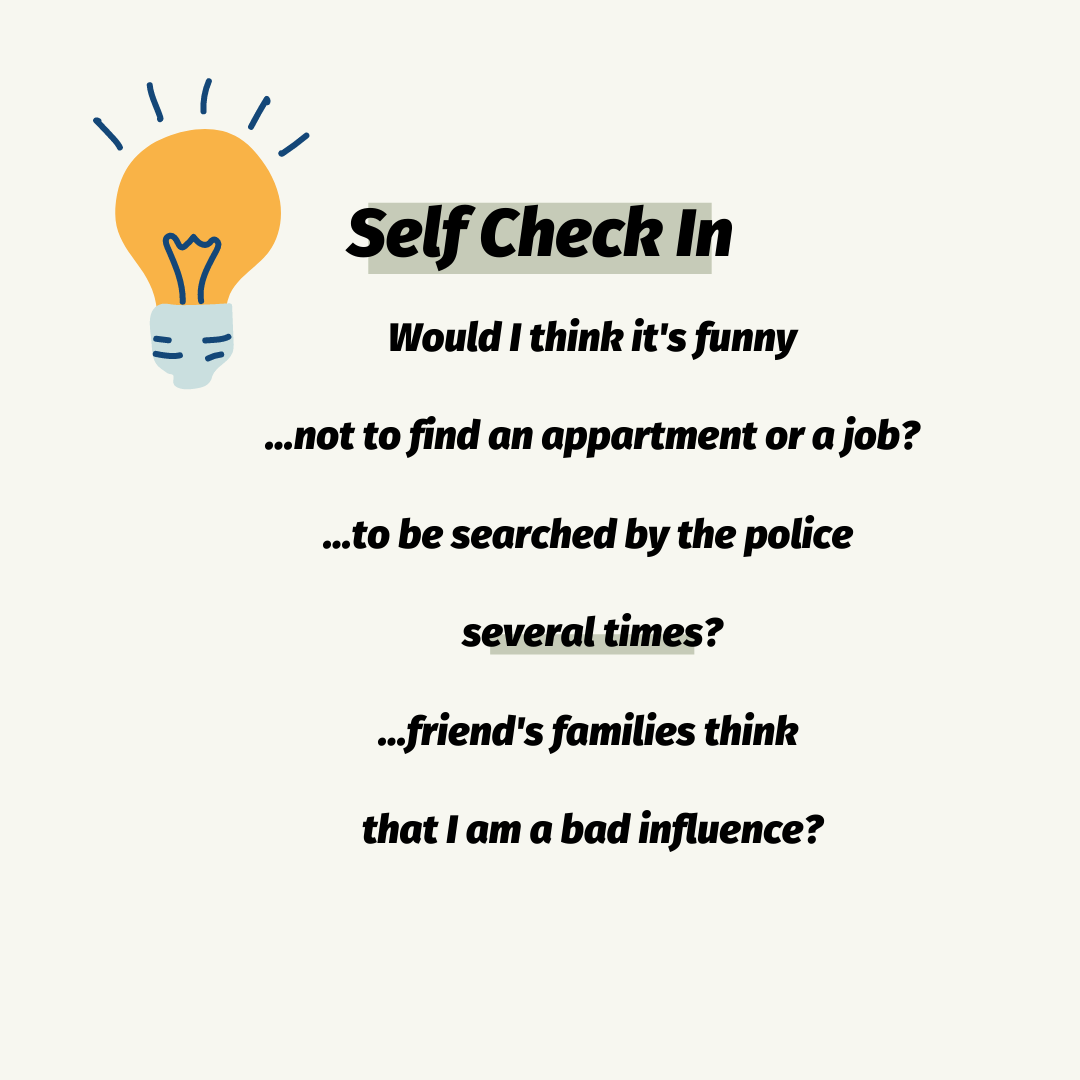
This is where checking in with yourself can be quite helpful: Would I find it so funny if I were the person who couldn’t find a job or a place to live because white majority society assumed I sold drugs anyway? How would I feel if the police kept stopping me on my way home from work – simply because I exist? Or my friends’ families forbid them to interact with me because I could be a bad influence just because of my skin color?
White people rarely have to ask themselves these questions and hardly ever experience this kind of negative discrimination. Often white people react very sensitively to this topic because they think that they can’t do anything about it or feel powerless and that they don’t really want this state of affairs. If you recognize yourself here and ask yourself what you can do about it, this is already an important step:
What we all can do against racism
Wenn ihr rassistische Werbung seht, dann beschwert euch. Lasst entweder direkt das Unternehmen wissen, was ihr denkt oder beschwert euch beim Werberat. Hört Betroffenen zu, ohne ihnen ihre Erfahrung absprechen zu wollen. Sagt etwas, wenn Leute in eurer Umgebung rassistische Dinge sagen und versucht zu erklären, warum es rassistisch ist. Für Menschen, die ständig Diskriminierung erfahren, ist es sehr anstrengend und energieraubend, immer wieder erklären zu müssen, warum etwas rassistisch ist. Versucht Unternehmen von BIPoC Menschen zu unterstützen und folgt ihnen auf Social Media. Bildet euch über das Thema und nutzt die Unmengen an kostenlosen Ressourcen im Internet. Erwartet nicht, dass euch Betroffene aufklären müssen, weil es „ja in ihrem Interesse ist“. Es ist in unser aller Interesse eine Welt zu gestalten, in der sich jede*r sicher und wohl fühlt.

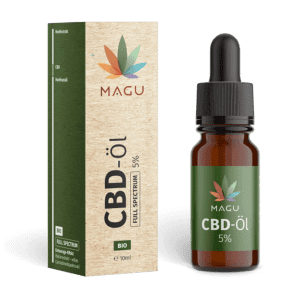 CBD Oils
CBD Oils
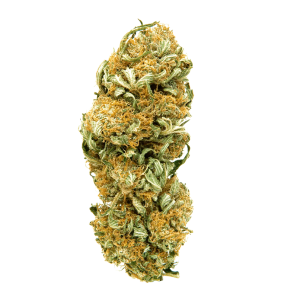 CBD Flowers
CBD Flowers
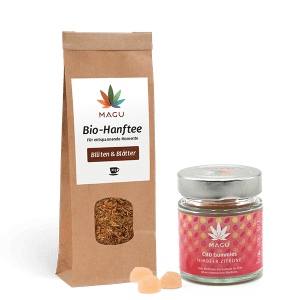 Tea & Dates
Tea & Dates
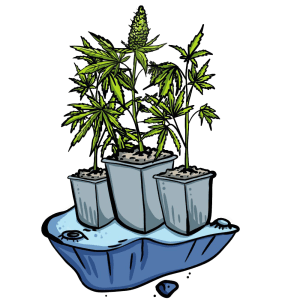 Kosmokraut
Kosmokraut
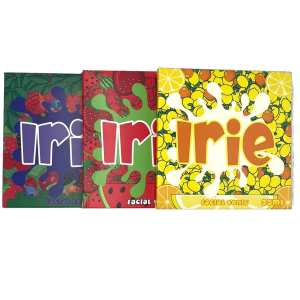 Irie Water
Irie Water
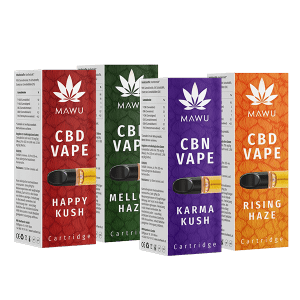 Vaporizer
Vaporizer
 Geschenke & Sets
Geschenke & Sets
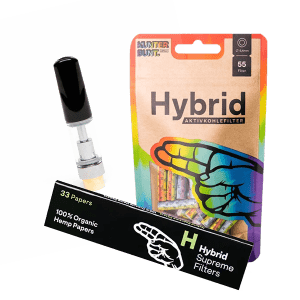 Accessories
Accessories